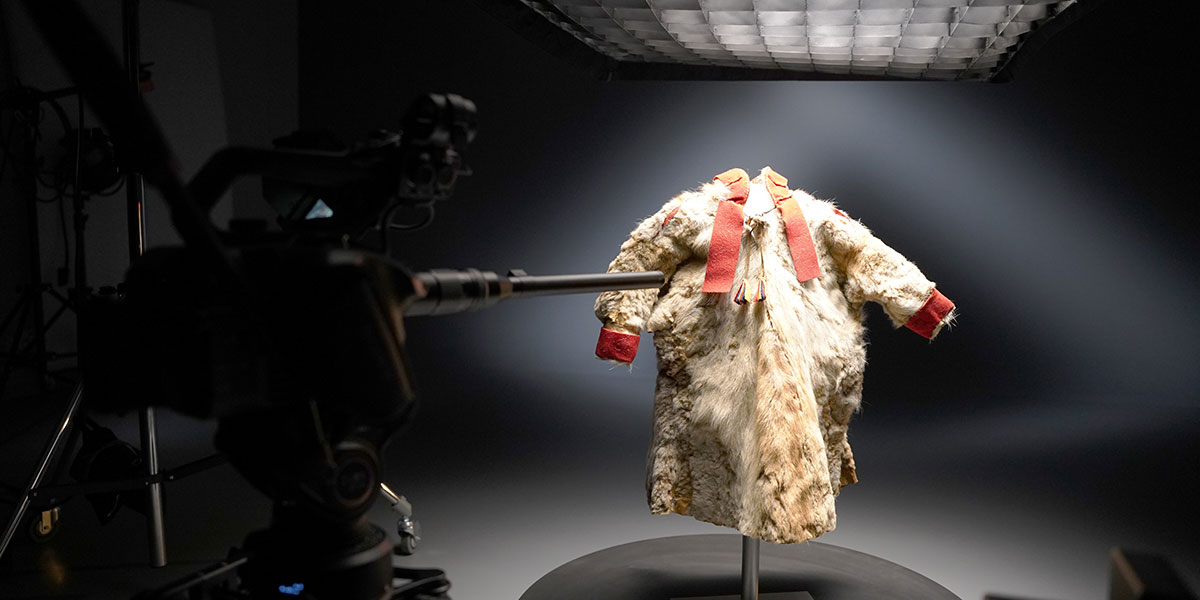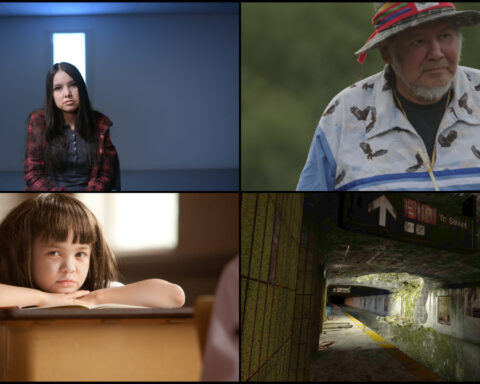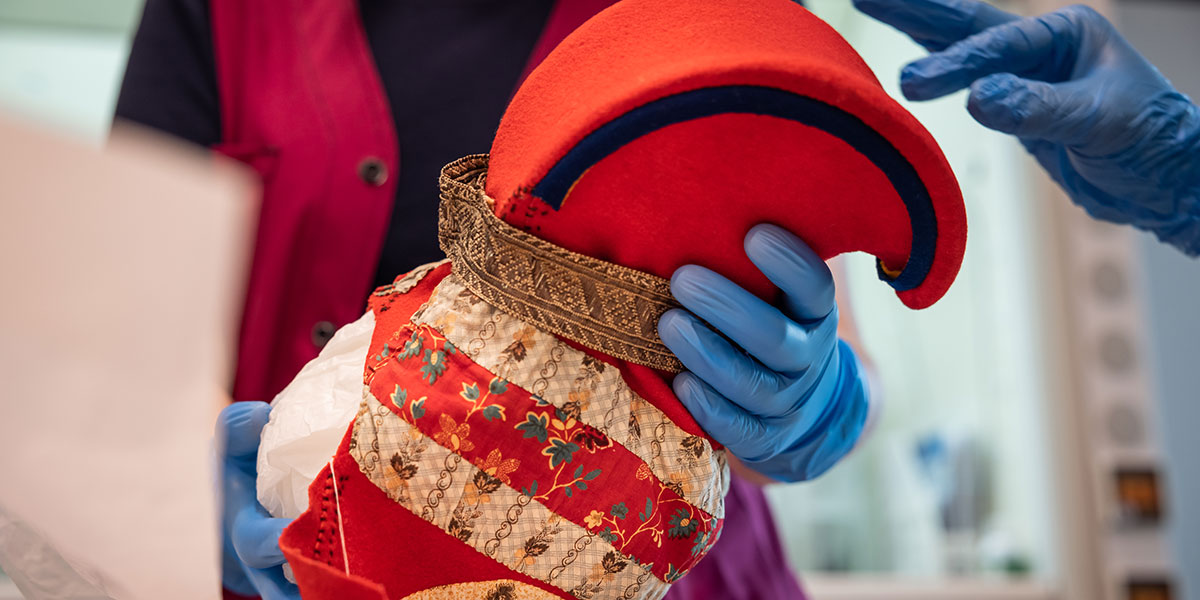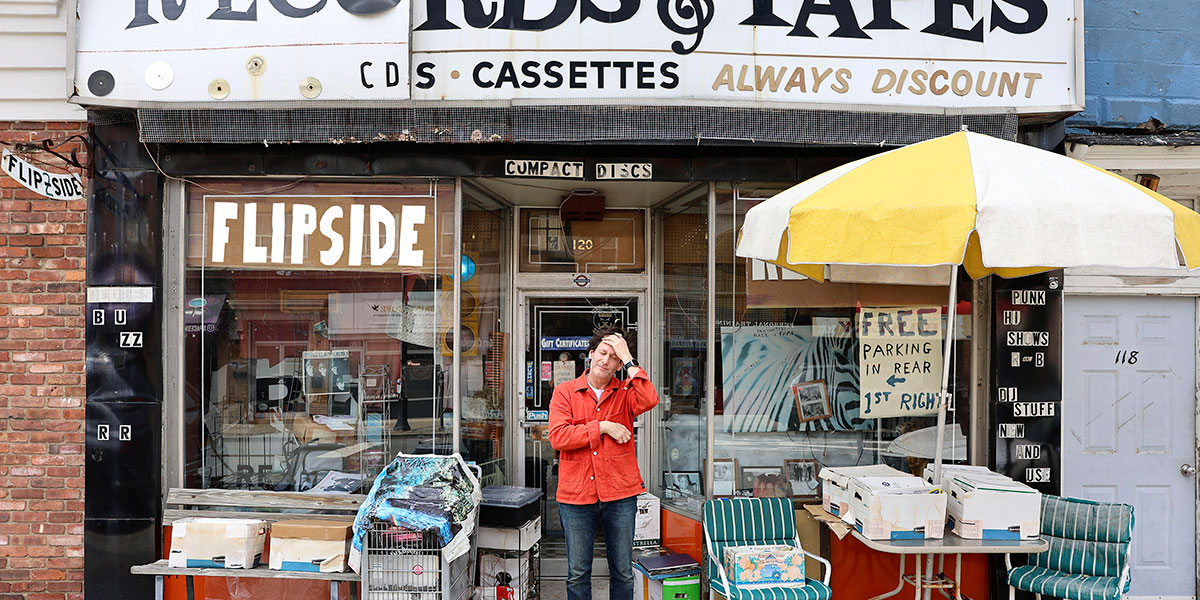Homecoming
(Finland/Norway, 76 min.)
Dir. Suvi West, Anssi Kömi
Programme: TIFF Docs (World Premiere)
Homecoming is a haunting reconciliation with the past that inspires hope for future generations. During its quest to repatriate cultural artifacts to the Sámi nation, the film’s clever strategy of moving beyond mere documentation evolves into a vital discussion that has worldwide resonance for all Indigenous peoples. Directors Suvi West and Anssi Kömi adopt an emotionally penetrating approach to fashion a poignant statement about both individual and collective identity. It’s a vision that transports the viewer into both a history and a culture. By incorporating a personal and impressionistic thread throughout this chronicle, Homecoming re-imbues each sacred object with the divine significance lost when it was torn away from its community.
This keenly observed film creates a profound statement about the legacy of colonialism as it vividly expresses the sustained soul-destroying impact on every person, particularly when they’re Indigenous. The filmmakers’ nimble blend of the personal and the political brings emotional truths to the foreground. Homecoming exposes the essential spirituality at the core of the issue, the one that was severed by invading powers whose racism drove their dismissal of these peoples. This film crystallises the notion that the items being repatriated are not simply artifacts.
In Homecoming, the filmmakers travel to museums in Helsinki, Germany, and Sweden, searching for any item that clearly belongs to Sápmi, the Sámi nation that spans northern Scandinavia and northwestern Russia. It’s a fact-finding mission, with elements of mystery and historical context filled in. Co-director Suvi West guides us on this journey as she and partner Anssi Kömi mix in archival footage and photos.
As West identifies and claims each artifact, what follows is a shot that appears to remove it out of the context of the film they are making. These are the moments when Homecoming conveys the viewer into a deeper level of experience. Each item is filmed on a pedestal with a white background, displayed in a manner which inspires reflection on its significance. Kömi’s gorgeous and emotive cinematography is particularly effective here.
Additionally, the directors mingle more intimate, private sequences, ones that are impassioned and operate beyond the filmmakers’ quest simply to repatriate. West’s voice is whispering intently to her relations over breathtaking cinematography of the lands within the Sámi nation. These prayers and pleas sound like incantations that reach beyond a human realm, harkening back to her ancestors to engage in a dialogue. She entreats them to guide her in this journey and to watch over her. There’s a different rhythm to these sequences that propels the film and underscores the overriding project as a blessed quest.
These moments connect the viewer to the central issue within the process of reconnecting to the sacred items: they function as the core of their belief system. The artifacts are central to Sápmi religious beliefs, particularly in the way that an individual can communicate with ancestors and maintain a sense of spirituality.
This strategy of using private thoughts infuses the film with more heart and soul than a mere document of the process of repatriation could possibly achieve. It has a profound effect that goes beyond the record of this journey. As museums all over the world are grappling with these issues, and thankfully participating, the viewer in Homecoming is invited to partake in the process on a sincere level.
Homecoming may be only one example within the global act of reparation, but the film offers rare insights for the viewer to share. We not only experience West’s joys and her sorrows but understand the greater impact of the process. She shows us an ancient world view in the midst of being reborn. Homecoming takes the viewer on a deeply moving spiritual journey.














